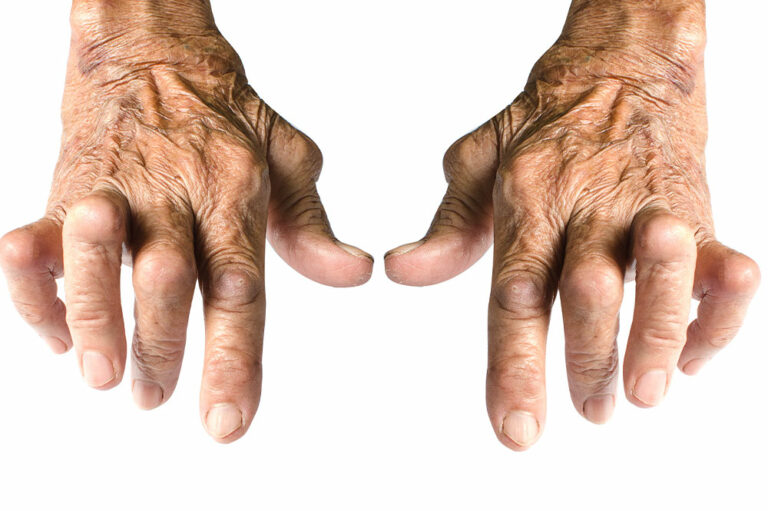
health
5 simple ways to improve air quality indoors
Indoor air pollution is a growing problem in American households. Excessive clutter, poor cleaning hygiene, and lack of ventilation are all factors that can affect air quality. Dust, microscopic spores released from the mold, pet dander, and even chemical gases are some of the major allergens that can compromise healthy living. But worry not as the following simple lifestyle changes and preventive maintenance ideas can quickly turn things around indoors to improve breathable air quality. Change filters and install air purifiers Air conditioners filter out most of the pollutants before cooling and recycling the air indoors. You must regularly change the filters and get the appliance serviced to enhance efficiency. It is also advisable to use a good quality air purifier with high-efficiency particulate absorbing or HEPA filters. HEPA eliminates nearly 99% of the pollutants in the air, including common VOCs, smoke, carbon dioxide, spores released by molds, and even pet dander, among common allergens. These appliances help improve air quality and make the environment more breathable for anybody suffering from respiratory disorders. Proper ventilation The air quality indoors cannot be improved without proper ventilation. Open the windows and doors in each bedroom at least once a day to allow fresh air to flow freely.
Read More 









